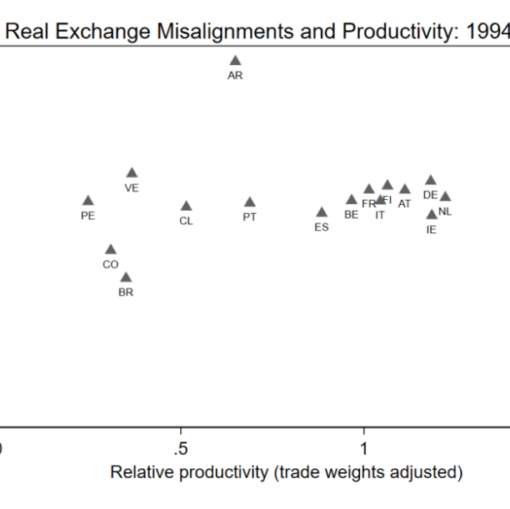Abstract:
Bangladesh is set to graduate from the least developed country status. Currently, Bangladesh benefits from preferential market access at zero tariffs to the European Union under the Everything but Arms scheme but its exports will no longer be eligible after graduation in 2026. Policy makers worry that the withdrawal of least developed country status may affect Bangladesh’s position as a major exporter of ready-made garments to the European Union. This paper examines whether preferential market access for exports supported poverty reduction in Bangladesh. We test the relationship with a fixed-effects estimator and an instrumental variable approach. Results show that preferential access for exports reduced working poverty in Bangladesh. When we factor in World Governance Indicators and the Logistics Performance Index, results hold, as is the case when endogeneity and reverse causality between average years of schooling and the working poverty rate are accounted for. Finally, we find that female labour participation reduces the working poverty rate. Our findings suggest that Bangladesh’s policymakers must focus on policies that foster governance andlogistics, and build educational capacity for sustainable growth and poverty reduction.
Suggested citations
Khorana, Sangeeta, Caram, Santiago & Biagetti, Marco (2021). “Developmental relevance of Everything but Arms: Implications for Bangladesh after LDC graduation.” MPRA Paper No. 116258
Khorana, Sangeeta and Caram, Santiago and Biagetti, Marco, Do Trade Preferences Impact the Working Poverty Rate? Case Study on Bangladesh (April 18, 2022). Available at SSRN: https://ssrn.com/abstract=4289032 or http://dx.doi.org/10.2139/ssrn.4289032
